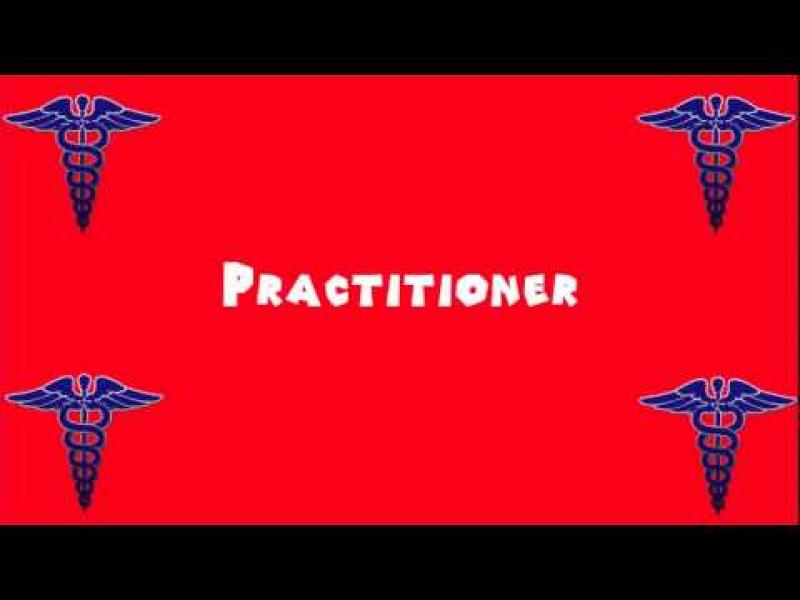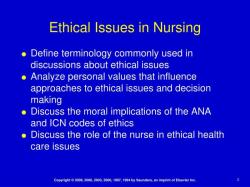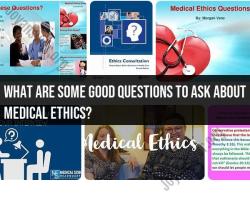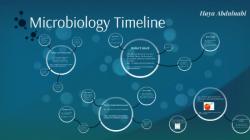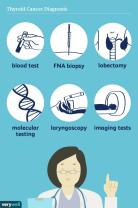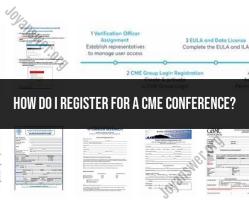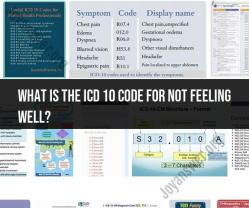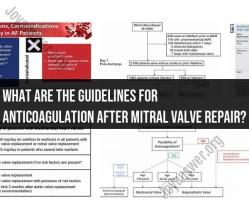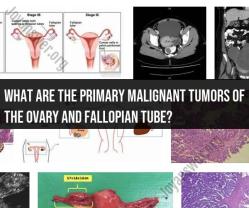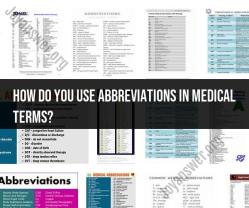What does it mean to pronounce a medical term?
Pronouncing medical terms accurately is crucial in healthcare to ensure effective communication among healthcare professionals and prevent misunderstandings that could compromise patient care. Medical terms are often derived from Latin or Greek roots, and their correct pronunciation helps convey precise information about anatomical structures, conditions, treatments, and medications.
Importance of Pronouncing Medical Terms Correctly:
Clarity in Communication:
- Accurate pronunciation reduces the risk of miscommunication. Medical professionals need to understand each other clearly to collaborate effectively in patient care.
Patient Understanding:
- Clear pronunciation aids patient comprehension. Patients may feel more confident and informed when medical professionals articulate terms accurately, enhancing the doctor-patient relationship.
Prescription Safety:
- Accurate pronunciation is vital when prescribing medications. Mispronunciation could lead to errors in prescription and potentially harm the patient.
Professionalism:
- Professionalism in healthcare involves effective communication. Correctly pronouncing medical terms contributes to a professional image and fosters trust among colleagues and patients.
Continuity of Care:
- In a healthcare setting with multiple providers, accurate pronunciation ensures continuity of care. Consistent communication supports seamless transitions in patient management.
Techniques for Pronouncing Medical Terms:
Learn Basic Pronunciation Rules:
- Familiarize yourself with pronunciation rules, such as understanding vowel and consonant sounds, syllable stress, and emphasis.
Break Words into Syllables:
- Divide complex medical terms into syllables to make pronunciation more manageable. This helps avoid errors and promotes clarity.
Use Pronunciation Guides:
- Consult pronunciation guides or audio resources specific to medical terminology. Online dictionaries and medical reference materials often provide correct pronunciations.
Practice with Peers:
- Engage in pronunciation practice with peers or colleagues. Collaborative learning can reinforce correct pronunciation and provide constructive feedback.
Utilize Mobile Apps:
- Mobile apps dedicated to medical terminology often include pronunciation features. These apps can serve as convenient tools for learning and practicing.
Seek Feedback:
- Request feedback from mentors or experienced colleagues. Constructive criticism helps refine pronunciation and builds confidence.
Create Flashcards:
- Create flashcards with the term on one side and the correct pronunciation on the other. Regular review enhances retention and reinforces correct pronunciation.
Repeat and Reinforce:
- Repetition is key to mastering pronunciation. Consistent practice reinforces correct pronunciation and helps overcome challenges.
Use Mnemonics:
- Mnemonic devices or memory aids can assist in remembering correct pronunciations. Create associations or rhymes to recall challenging terms.
Take Pronunciation Courses:
- Consider enrolling in pronunciation courses or workshops specifically designed for medical professionals. These courses often provide targeted instruction and practice.
Remember that medical terminology can be complex, and it's perfectly normal to encounter challenging terms. The key is to approach pronunciation with a commitment to ongoing learning and improvement, recognizing its importance in delivering high-quality healthcare.
Defining the significance of pronouncing medical terms correctly
Pronouncing medical terms correctly is crucial for several reasons:
1. Accuracy and Precision in Communication:
Accurate pronunciation of medical terms fosters clear and precise communication among healthcare professionals, ensuring that everyone involved in a patient's care understands the exact terminology being used. Mispronunciations can lead to misunderstandings, misinterpretations, and potential errors in treatment or diagnosis.
2. Patient Safety and Trust:
Correct pronunciation of medical terms instills confidence and trust in patients. When patients hear healthcare providers using accurate terminology, it conveys a sense of professionalism, expertise, and attention to detail. This can contribute to better patient-provider relationships, improved adherence to treatment plans, and overall enhanced patient satisfaction.
3. Professionalism and Expertise:
Accurate pronunciation of medical terms reflects positively on the healthcare provider, demonstrating their knowledge, attention to detail, and commitment to professionalism. It sets a standard of excellence and reinforces the importance of precision in the medical field.
4. Effective Education and Training:
Accurate pronunciation is essential for effective education and training of healthcare professionals. When students and trainees learn to pronounce medical terms correctly, they gain a deeper understanding of the terminology and its implications for patient care. This can lead to improved clinical outcomes and reduced errors.
5. Global Collaboration and Communication:
In a globalized healthcare environment, accurate pronunciation of medical terms facilitates effective communication and collaboration among healthcare professionals from different countries and cultural backgrounds. Shared understanding of terminology is crucial for providing quality patient care across borders.
6. Medication Safety:
Accurate pronunciation of medication names is particularly critical in pharmacy and nursing practice. Mispronouncing medication names can lead to dispensing errors and potentially harmful consequences for patients.
7. Research and Documentation:
Correct pronunciation of medical terms is essential in research and documentation. Accurate use of terminology ensures consistency, clarity, and reproducibility in research findings and patient records.
8. Patient Education and Empowerment:
When healthcare providers use accurate medical terminology and explain it clearly to patients, it can empower patients to better understand their conditions, treatment options, and self-care instructions. This can lead to improved patient engagement, informed decision-making, and better adherence to treatment plans.
In conclusion, pronouncing medical terms correctly is not just a matter of linguistic precision; it is a fundamental aspect of patient safety, effective communication, professionalism, and quality healthcare delivery.
